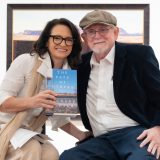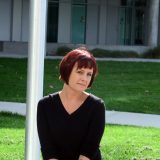Alumni Book Club Presents: The Help, Feb. 16
January 13, 2012
 You’reinvited to the WilkinsonCollege Alumni Book Club: TheHelp, February 16 at 6:30 p.m. at the Elliot Alumni House.
You’reinvited to the WilkinsonCollege Alumni Book Club: TheHelp, February 16 at 6:30 p.m. at the Elliot Alumni House.For additionalparking information visit our website: http://www.chapman.edu/publicsafety/parking/default.asp orcontact Parking Services at (714) 997-6763.

